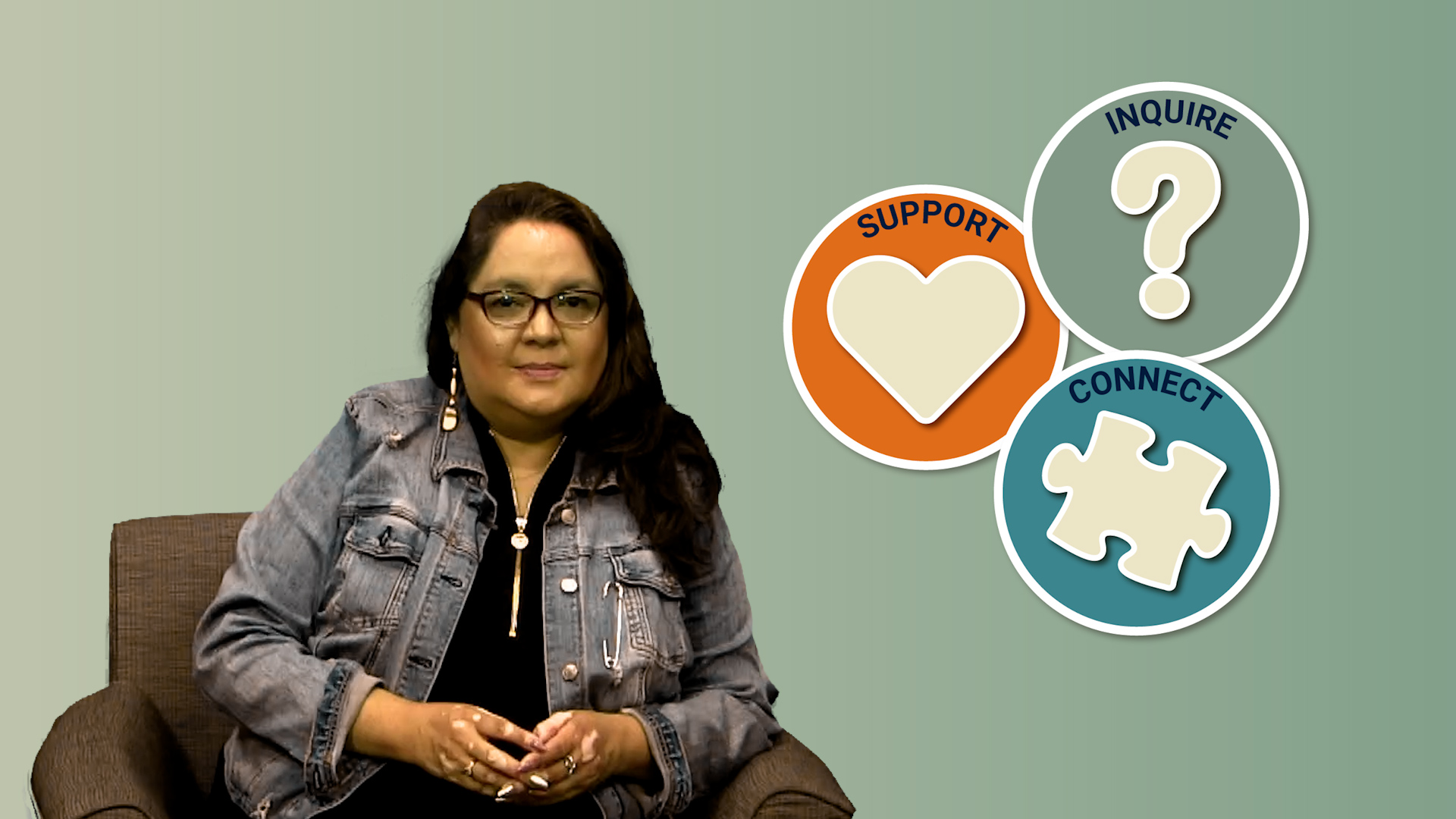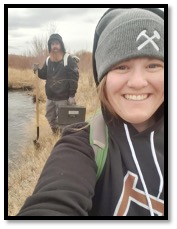Mental Health Opportunities for Professional Empowerment in STEM (M-HOPES)
Confluence Podcast: Mentoring for Mental Health
The podcast celebrates a rich culture of exchange and creativity through conversations with faculty and their graduate students about the ideas that move them and motivate their work.
These episodes below highlight the people whose hard work, talent, and intellectual firepower drive the research and teaching mission of the University of Montana.
- Dr. Annie Belcourt
- Holly Schleicher
- Bryan Cochran

Professor in the Public and Community Health Science Department and Chair of Native American Studies
Annie hits home the importance of trauma-informed approaches, reframing thoughts, and cultural context. And she brings with her a great sense of humor.
Confluence Podcast
Licensed Clinical Psychologist
Hear real clips from the trainings, including a mock conversation between a professor and student, as well as a sit-down interview with Holly about what this training involves and her biggest take-aways. Learn more about the training here, then register for the asynchronous model and complete it on your own time.
Confluence Podcast
Psychology Professor
Listen back to episode 90 to get the lay of the land. And then tune in here for specifics about what kinds of mental health struggles grad students are experiencing and who is most likely to be impacted, as well as tips for faculty on how to validate and guide those students.
Confluence PodcastProject Overview

The Mental Health Opportunities for Professional Empowerment in STEM (M-HOPES) is a collaborative project led by Montana Technological University, Montana State University Billings, and the University of Montana and funded by the National Science Foundation (NSF). The goal of this project was to design, pilot, assess, and implement evidence-based, sustainable and replicable strategies to facilitate and enhance graduate-student mental health across all three campuses.
Project objectives were to:
- Build a set of innovative, inclusive, evidence-based experiences that enable diverse STEM graduate students to acquire skills for positive mental health and resilience
- Provide innovative professional-development experiences for STEM faculty advisors to support graduate-student mental health and transform the cultures of their departments to become more inclusive
- Pilot the scale-up and expansion of these innovations to other campus settings
Read the project abstracts: MTU, UM, MSUB
Learn more on UM’s program page
Social Media Presence
View this post on Instagram
Products & Publications

